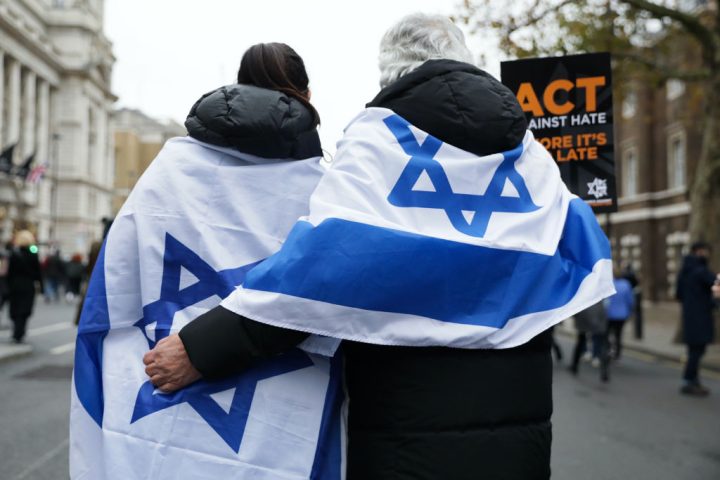The last time I saw Amichai Chikli, he was struggling to put on a suit jacket at the Israeli embassy in London. ‘Do I really have to wear one of these things just to make a speech?’ he muttered. He got it on by hoiking it over his shoulders like a rucksack.
Already a subscriber? Log in
Subscribe for just $2 a week
Try a month of The Spectator Australia absolutely free and without commitment. Not only that but – if you choose to continue – you’ll pay just $2 a week for your first year.
- Unlimited access to spectator.com.au and app
- The weekly edition on the Spectator Australia app
- Spectator podcasts and newsletters
- Full access to spectator.co.uk
Or




















Comments
Don't miss out
Join the conversation with other Spectator Australia readers. Subscribe to leave a comment.
SUBSCRIBEAlready a subscriber? Log in